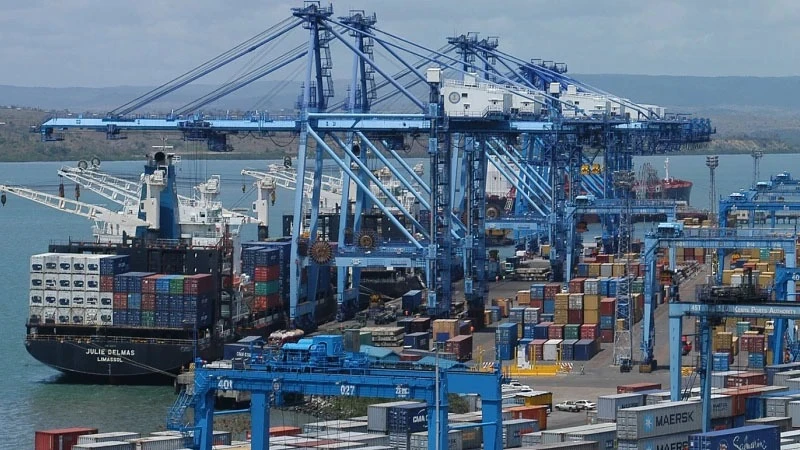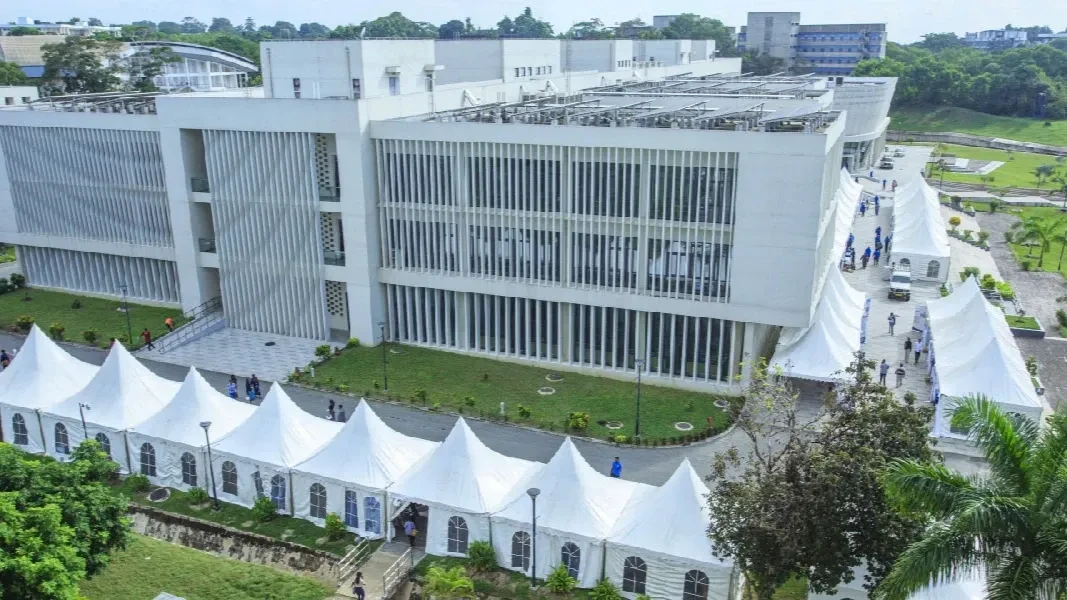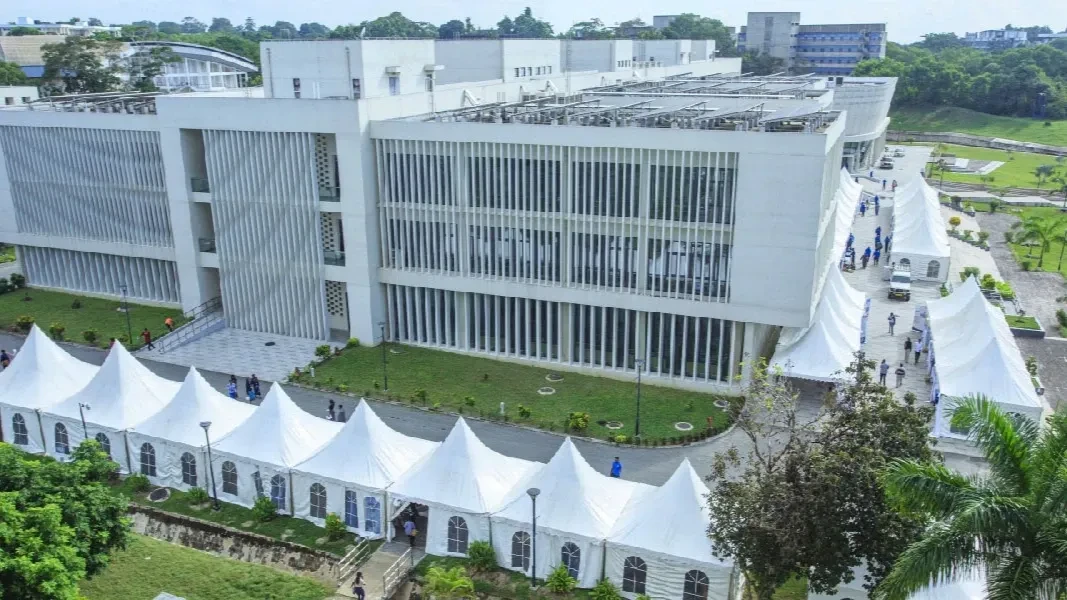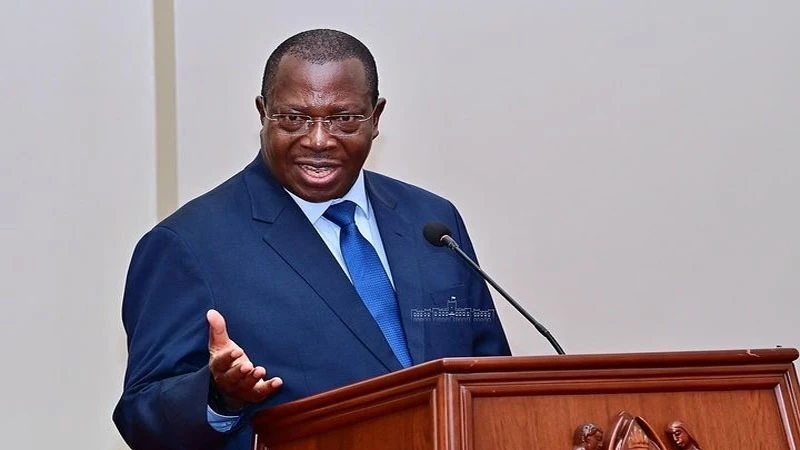It is indeed time for chest thumping for key policy advisers over Dar port

NO surprise that the Planning and Investment state minister in the President's Office was brimming with satisfaction over investments so far made by DP World at Dar es Salaam port, as initial results and their implication as annual cost cutting gains had already been aired. With the reduced waiting time on account of the new arrangements charges at the container terminal by major shipping lines have been reduced, expected to save up to $600m in a year. It is a hefty amount of savings that was hard to imagine.
By that reduction alone the shift to a new arrangement has been legitimized, despite that for a while some leveraging artists had seen the change in wide ranging areas of port management as a crowd puller issue, airing suspicions of corruption, etc. Yet, in examining some of the minister’s remarks during his working visit to the port it is hard to say if this is a one-off policy success or a component of a reform course that looks like yielding similar gains elsewhere. The minister talked about ongoing improvements across various sectors, citing revenue collection, projecting the next 25 years horizon.
As most policy experts or observers are aware that by estimations of a number of United Nations agencies the country is off course or mildly performing in relation o realization of the 2030 sustainable development goals, the tone of the remarks was in a different direction from this realism. It was an illustration of success, and implicitly this is what is taking place in most other sectors, whereas this falls far short of what it takes to attain goals like food security, universal health care, decent jobs, etc. Nor was it evident that policy enthusiasts learned that greater private sector involvement is best.
While the case for the port has been made and DP World involvement has proved to be a game changer, little has been achieved so far in mapping out the public-private partnership model except for new projects or initiatives. As in most such initiatives the earnings mechanism will be tied up with public sector prerogatives it will not work unless the public sector entity is merged into the market. So the strategy as a whole has problems taking off earnestly, and the whole of the public sector is shielded by the DP World example to celebrate the fact that policies are indeed working revenue miracles!
In other words neither the remarks about shaping up revenue collection nor indeed about Vision 2050 figure out what the country needs to do with regard to the 2030 goals, first. Skipping these objectives and shifting the focus to Vision 2050 is recipe for lethargy, as by implication it is to testify that the background work has been done, to complete satisfaction. It is easy to warm up to that feeling, but caution is advisable.
Top Headlines
© 2025 IPPMEDIA.COM. ALL RIGHTS RESERVED

















